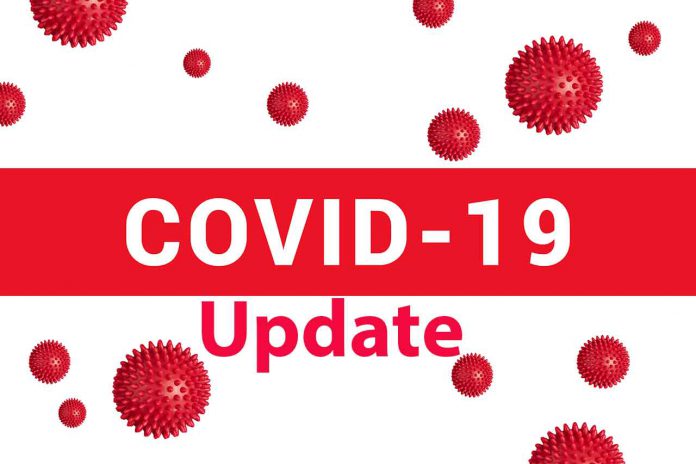TORONTO — Today, Dr. Kieran Moore, Chief Medical Officer of Health, issued the following statement providing an update on the province’s progress responding to this year’s respiratory illness season:
“Thanks to the ongoing resilience and commitment of Ontarians, we are seeing a decline in respiratory syncytial virus (RSV), flu and COVID activity throughout the province.
RSV trends are beginning to stabilize and decline, and after the annual 12-week flu season, the number of cases of flu peaked at the end of November, case rates continue to decline, and the impact on our communities, hospitals and intensive care units is improving.
On the COVID front, key indicators are showing signs of improvement after a rise over the holiday period due to the BQ.1 variant and its sub-lineages.
I want to thank Ontarians for following public health advice regarding the layers of protection throughout the holiday period and beyond, which has helped to manage the spread of these respiratory viruses.
We must remain vigilant as many jurisdictions across the province continue to see a rise in the number of cases of the more transmissible XBB.1.5 variant of COVID-19.
XBB.1.5 has not been associated with a change in severity of illness, but due to its increased transmissibility, more individuals may get infected as it becomes the main variant in Ontario.
I continue to strongly recommend that everyone stays up to date with their vaccinations as it remains our best defence against COVID-19 and its variants, especially for those at increased risk of severe infection and for anyone who has not received a booster or been infected in the past six months.
Paxlovid is an outpatient oral anti-viral treatment used to reduce severe outcomes from COVID-19 and is now easier to access for more people across Ontario. Prescriptions are available for free to eligible individuals through pharmacies across the province, any physician or nurse practitioner in Ontario, as well as clinical assessment centres.
Additionally, the province’s guidance on polymerase chain reaction (PCR) testing has been updated to align with the current recommendations for who should receive Paxlovid, which further improves access to this effective treatment option. I encourage Ontarians with a positive test and symptoms consistent with COVID-19 to speak to their health care provider to determine if this treatment is appropriate for them.
Free PCR tests are offered at any provincial testing location and rapid antigen tests can continue to be picked up at no charge in over 3,000 retail locations in the province.
As always, Ontarians are advised to stay home when they feel sick, wash their hands often, cover their mouths when they cough or sneeze and to wear a mask in crowded indoor public spaces, especially those at higher risk.
We have the tools we need to reduce the spread of respiratory illness in our communities, and I am grateful to Ontarians for continuing to utilize them. These important choices help preserve our hospital capacity to ensure care is always available for those who need it.
Thank you again for continuing to protect yourself, your family, and your community.”
Additional Resources
- People can continue to use rapid antigen tests (RATs) at home to confirm COVID-19 infection to obtain treatment. However, for high-risk patients eligible for Paxlovid who are experiencing symptoms but are testing negative by RAT, a PCR test is recommended to confirm a diagnosis and meet the five-day treatment window.
- Anyone with symptoms consistent with COVID-19 who meets any of the following criteria will now be eligible to receive a free PCR test for COVID-19 diagnosis:
- People aged 60 years of age and older
- People aged 18 years of age and older who have at least one condition that puts them at higher risk of severe COVID-19 disease
- People aged 18 years of age and older who are unvaccinated or have not had their first round of vaccinations (e.g. their primary series of COVID-19 vaccines)
- People aged 18 years of age and older who have received their first round of vaccinations (or primary series) AND received their last COVID-19 vaccine dose more than 6 months ago AND have not had a COVID-19 infection in the past 6 months
- People who are immunocompromised
- Pregnant people
- Patients seeking emergency medical care or other outpatients where the health care professional judges it to be necessary
- Health care workers providing patient care
- Staff, volunteers, residents/inpatients, essential care providers, and visitors in highest risk settings including hospitals and congregate living settings with medically and socially vulnerable individuals, including international agriculture workers.
- Household members of staff in highest risk settings and patient-facing health care workers
- Home and community care workers
- People who are underhoused or experiencing homelessness
- First responders, including firefighters, police and paramedics.







